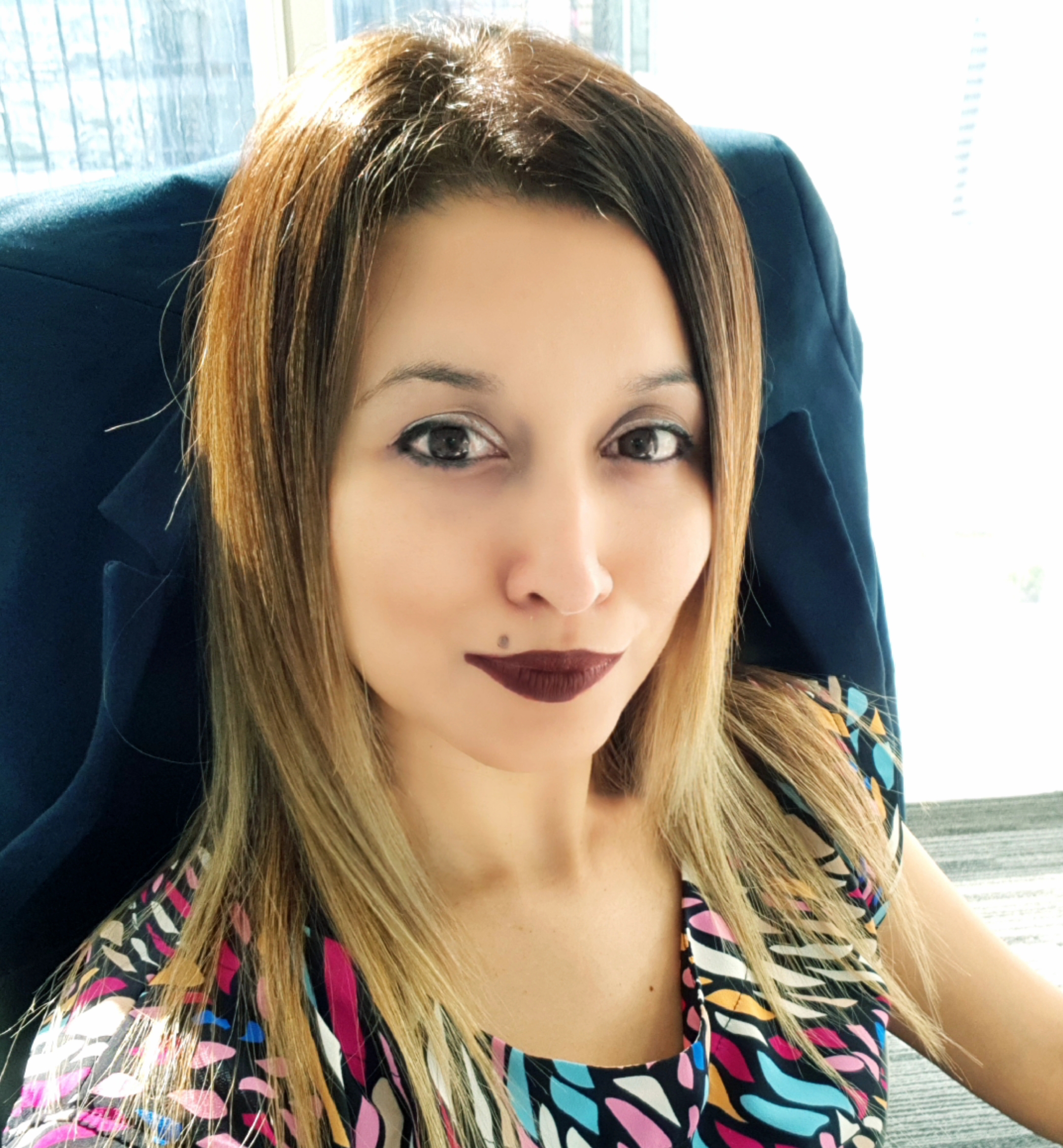As a young girl , my siblings and I grew up in a loving home, filled with laughter, however we knew that we did not have the privilege that was afforded to us, as our cousins who had blue and green eyes, or from neighbors kids who was deem as much more European looking .
The brain, is wired to look at differences as a threat instead of as a positive unless we shape our perceptions differently.
Often on special holidays, our cousins were given more Holiday money from my family and were constantly doted on. Nevertheless as a child you do not understand what is going on, and you internalize the hurt, more so seeing your mother feeling agitated as to why her kids are treated in a particular manner. We knew we needed to behave in a particular way or else we would be told off. Which was accepted as normal, not only in our home, however from most of the homes where we grew up in. This causes an inner rebellion to fight against injustices or unfairness when we experienced it done to us or others.
I want to add, that this experience has made me more compassionate with people in general. It made me work harder to be smarter and not rely on the color of my eyes or hair to be accepted. Today as an HR I fight for fairness and ethical practices across Global Fortune 500 organizations based on my experience. Being smart mattered much more, even if you did not fit in the norm of your community of how to act, talk and be . Today, we are invited into rooms, to talk about culture and change and can speak from a practical experience rather than academia. I am more conscious of how I treat others and more so what value I bring to the table. It influenced my philanthropy and giving back to vulnerable people in our communities being women and children, whose voice is less heard.
I love my community, and don’t blame them for some actions, I think it was culturally just the way they grew up and did not know better.
I was afforded opportunities from White Afrikaans leaders in all my previous roles, where they believed in me because of my work ethic, integrity and results that I brought to the table. I was afforded scholarships, paid education taken care of, more than I can remember because of these leaders that I am constantly grateful for. I would have been a cog in the system, and I think the difference is that I allowed my work ethic to speak for itself and did not expect a handout or anything for free.
When we experience any type of unfairness or bias we have the power to change the narrative of the story. We either choose the victim, or we own the story and turn it around.
Today, my family loves us dearly, as we grew into the law abiding citizens that would make our community proud. We believe for most people growing up in apartheid South Africa influenced there biasness unconsciously, no matter the race they were in and not consciously.
Today I work in a truly diverse organization with over 25 different nationalities speaking different languages. I am proud to say I can connect with all , based on my inherent and compassionate empathy that I have experienced, or the way I wished someone treated my siblings and I, when our voices was not strong enough.
The experience made me more conscious in this world and more so , made our mother proud of us.


